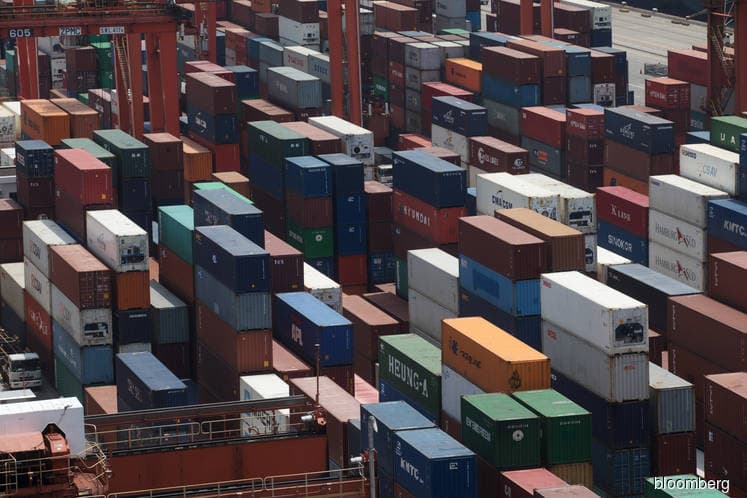
KUALA LUMPUR (March 23): The Federation of Malaysia Freight Forwarders (FMFF) is urging the government to provide clear directions and guidelines on whether logistics services, which includes transport and warehousing services, are deemed as essential services.
In a statement today, the federation said there have been many contradicting statements issued by different ministries that FMFF is unable to properly advise its members on whether operations can continue.
On top of that, enforcement agencies have been stopping trucks belonging to FMFF members and directing that their offices be closed.
According to FMFF, the police have also said their drivers must have work travel pass as well as to provide proof they have gone for Covid-19 testing. In addition, the police said that the drivers and companies need the approval of the NSC to transport goods and that only medicine and food may be transported.
FMFF said this contradicts the announcement by the Ministry of International Trade and Investment (MITI) on the approval for the continued provision of logistics services by manufacturers of essential and non-essential goods.
“We have written to the Ministry of Transport and Ministry of Home Affairs to confirm whether we are essential services, as in item 12 of the essential services issued by the National Security Council (NSC).
“We have yet to receive a reply from these ministries. Port Klang Authority is in agreement that logistics services are essential services but the actions of enforcement agencies seem to suggest otherwise,” said the federation that represents over 1,300 freight forwarding companies in Malaysia.
FMFF also noted that the Minister of Defence has said companies need to issue work travel passes to their employees. As such, FMFF has also written to both MOT and MOHA for approval to issue work travel passes to its members and staff to travel to work. It has yet to get any reply from the two agencies.
“In the meantime, goods that have been imported before implementation of the Movement Control Order (MCO) have arrived at the ports. And if these goods are not under the approved list, they cannot be moved out from the ports.
“Each container that cannot be delivered will incur demurrage charges from shipping lines and storage and removal charges from ports. This will add to the final costs of the delivered goods to manufacturers and importers,” said the federation.
“Inevitably, the final consumer bears all these additional costs and manufacturers may face disrupted production schedules and loss of market. Similarly, exports of non-approved goods cannot be sent to ports for shipment, resulting in cancelled contracts and loss of business,” it said.
It added that essential goods make up only about 20% to 30% of the total cargo throughput at the port, while the rest are non-essential. So not delivering these may max out the port’s storage capacity and result in a huge backlog of containers to be delivered after the MCO.
But given the contradicting guidelines, harassment from authorities and the lack of response from the relevant ministries, FMFF said it may end up advising its members to cease operations immediately, until the government is able to approve and facilitate the operations of the logistics industry.
“Notwithstanding the above, our members will still facilitate clearance and transport of medicine, medical products, foodstuff and any other products deemed to be very essential to the country,” said the federation.